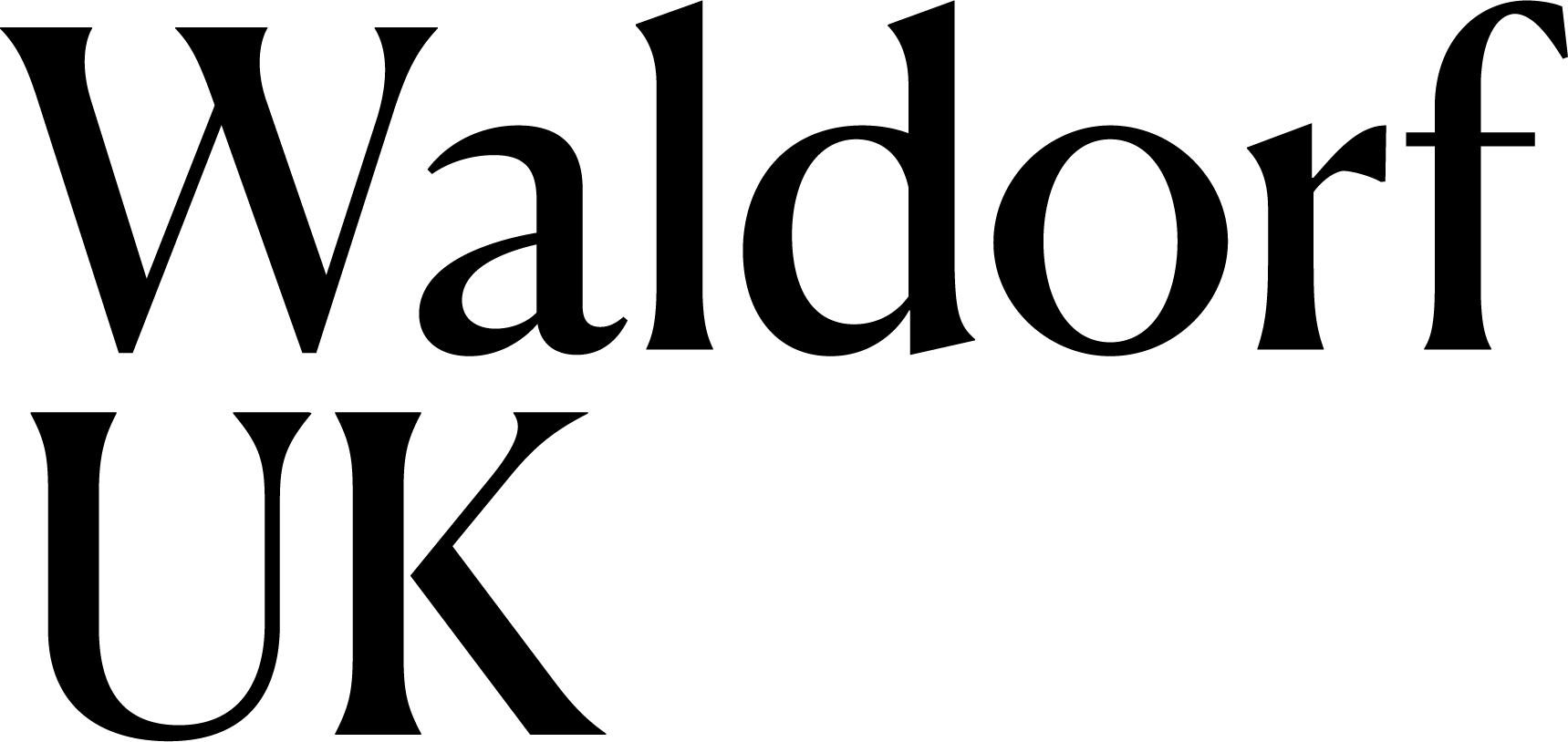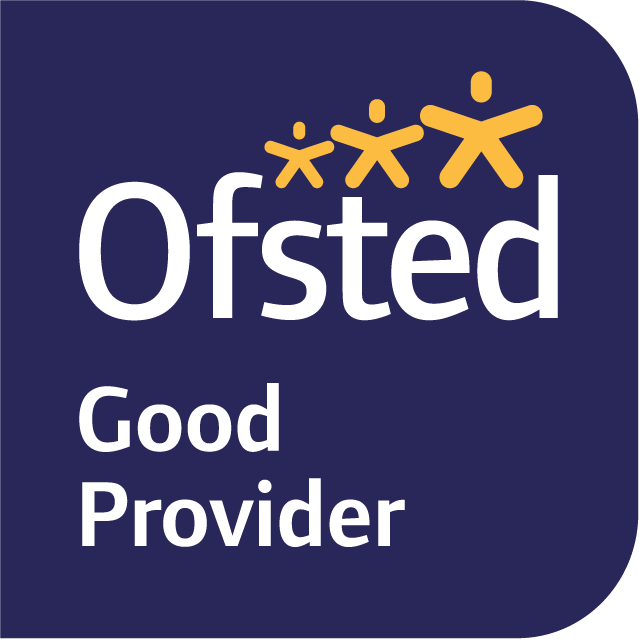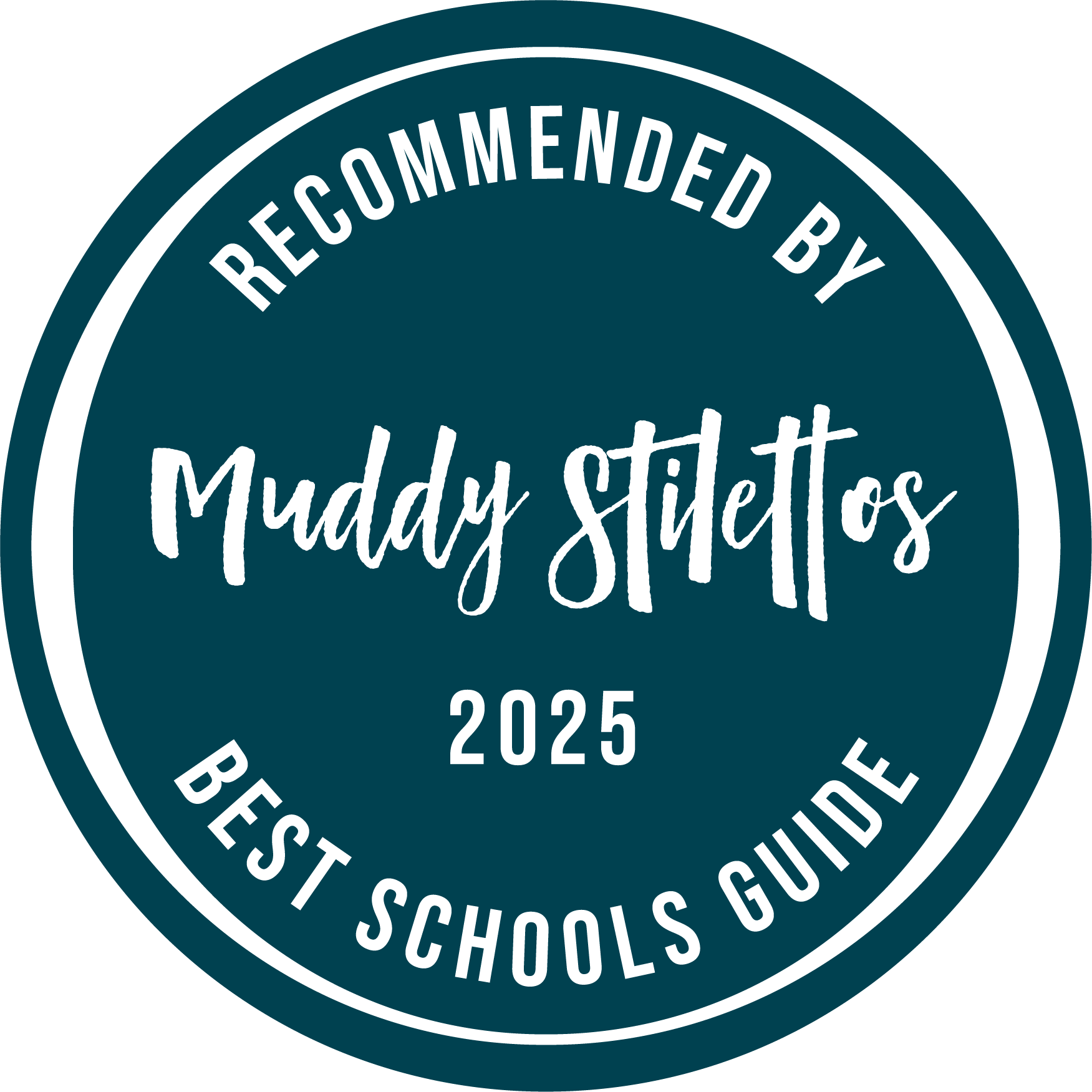Music
Instrumental Tuition at Michael Hall
Music holds a central position in the day-to-day life of pupils at Michael Hall. In the Lower School singing and flutes/recorders are integral parts of the daily rhythm of Main Lesson; enriching the subject matter; marking the seasons; and developing the social fabric of the classes through the joy of singing/playing together. As our pupils move through the Lower School, they start to have weekly singing and recorder lessons, and in the Middle School they begin music theory/history lessons. In addition to this, many pupils choose to take up an instrument on a one-to-one basis during school time.
Below are the details of the instruments currently offered in school and the details of how lessons are organised. Due to constraints on teaching space, we are not able to offer the full spectrum of instruments and have selected the instruments below based on demand. For your information, both East and West Sussex Music currently offer tuition on a wide range of instruments and there are a number of established instrumental teachers in the locality.
Getting started
All instrumental lessons at Michael Hall are administered by the school’s Instrumental Tuition Coordinator, Rachel Masters. Lessons are offered once a week on rotation during term time by a team of dedicated, specialist Visiting Instrumental Teachers. All lessons are 40 minutes long. For pupils taking music exams, instrumental teachers include aural training during lessons up to Grade 5 standard. Yearly progress reports will be given for each pupil.
| Instrument | Class available from | Teacher | Fee |
|---|---|---|---|
| Cello | Class 3 upwards | Rachel Masters | £28 |
| Violin | Class 3 upwards | Nicoline Kraamwinkel | £28 |
| Viola | Class 3 upwards | Nicoline Kraamwinkel | £28 |
| Flute | Class 4 upwards | Julie Groves | £28 |
| Clarinet | Class 4 upwards | Emily Finnemore | £28 |
| Piano | Class 4 upwards | Simon Casciano | £28 |
| Brass | Class 4 upwards | Joe Sharp | £28 |
| Group Lessons | Class 3 Strings only | £36 in total |
To get started review the Terms & Conditions, fill out the Application Form and Instrument Hire (if applicable), found at the bottom of the page, and send to Rachel Masters.
Lesson Information
Group Lessons
Group lessons are available for Class 3 beginners (maximum 3 pupils), however this will entirely depend upon demand. It is important to add that group lessons can be a good way of getting started, but that differences in learning needs often result in pupils progressing at different speeds and therefore needing individual lessons. Group lessons will be provided for a maximum of 1 year only though the viability of each group will be continually reviewed.
The Rotation System
All pupils wishing to learn an instrument at school are placed on the rotation system which generally operates from 9:30am through to the end of lesson 8 (4:05pm). Often lunchtime and after-school lessons (up to 5.00 pm at the latest) are included. The length of the rotation will vary according to the number of pupils and teacher availability. Where possible pupils have a fixed day for their lesson, but the time of the lesson changes every week to avoid pupils missing the same curriculum lesson too often.
Fixed slots
Depending on the individual availability of the teachers, we do offer a limited number of after-school fixed slots. Priority is given to older students when allocating these times.
Term Dates and Fees
The number of lessons offered in a term will vary depending on the length of the term. The number of lessons offered in a term will generally be one shorter than the actual length of the term to allow for a ‘catch-up’ lesson in the event that the instrumental teacher is absent.
Parents will be invoiced by the instrumental teacher as agreed.
Please note that in addition to the fee for lessons there is a £20 termly administrative charge which is added to the school fees to cover the organisation of timetables according to the school’s requirements.
Practice
Learning an instrument is a commitment both for the child and for parents. If the child is to progress and enjoy playing their instrument, regular daily practice is essential. Even for the most enthusiastic and dedicated musicians, practice is a necessity that requires an effort of will. Scheduling in a slot for practice at the same time each day can be very helpful, as it builds up a rhythm which can be supportive on those days when your child is struggling. Instructions and comments about practising for the week ahead will be written in either the practice book, or on the piece of music being learned. It is hoped that pupils will practise a minimum of 5 times each week and the length of the practice is determined by how advanced the pupil is. During the early stages, 10 – 15 minutes’ practice on a regular basis is ideal. More advanced players require longer sessions to cover the work set and build stamina. It is so much more beneficial to practise a little and often rather than have one big practice session each week. Practise during the holidays is also to be encouraged.
Supporting practice
Your child does need your encouragement and support to help them practise as it can be lonely at times. Even if you do not understand how to read music or how to play the instrument they are learning, just sitting with them for some of their practice time and helping them read the notes their teacher has written for them is extremely beneficial. All children go through peaks and troughs with their practice, and just like most other artistic or indeed sporting disciplines, extensive hard work is required to achieve mastery in order to reap the rewards.
We also encourage you to attend your child’s lessons. This can be very helpful especially in the early stages of learning an instrument. Whilst this is best organised in consultation with your child’s teacher, we ask that for purely practical reasons, after the initial stages, this happens no more than once a term. Once arranged, please sign in at reception and wait for the instrumental teacher before going to the lesson as for any other school visit.
Instrumental Lessons Support Fund
NEW Instrument Lessons Support Fund
Learning to play a musical instrument is universally considered to be of inestimable benefit to the holistic development of our young people. At Michael Hall, we offer tuition on a number of instruments and many of our pupils and students have weekly lessons during the school day. This is an extra expense and one that can be challenging to manage. With this in mind, during the Kidbrooke Park Music Festival last October, we asked the audiences for donations towards an Instrumental Lessons Support Fund so that we can provide some support to those struggling to pay fees for these lessons. We were touched by the generosity of those who contributed and are pleased to announce that the fund is now active.
If you wish to apply for the Fund, please read the Terms and Conditions and complete the application form. This should then be sent to Julian Rolton.
The policy has been devised with the balance of the fund in mind. If you would like to contribute to the Fund, please contact Maria Lucas at [email protected].





